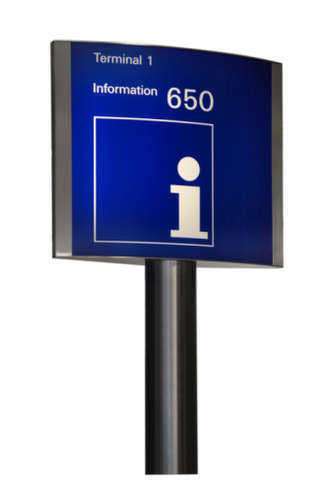Holographic Will
A holographic will is a handwritten will, whereas most wills are typed. However, a holographic will may be easier to prove who the writer is, simply based on handwriting analysis. In some cases, a holographic will is also an attested will, or a witnesses will, but some jurisdictions do not require that holographic wills be witnessed.
The laws which regulate the writing of a will, vary in each jurisdiction. While most wills are typed, many are still hand written. Hand written wills may be more personal and more easy to uphold in Court if it is clearly the benefactors handwriting on the will.
However, many larger estates do not utilize holographic wills, simply because of extend of material required in the will. In addition, holographic wills are generally written without legal advice, which is not good if it used for larger or complicated estates. Contact a will lawyer to consult your case.

The most popular use of a holographic wills is when an estate is valued fairly low or when the individual does not have much property to leave to beneficiaries. In addition, holographic wills are often used in cases where there is not likely to be disputes amongst beneficiaries.
Holographic wills may be those which leave certain material possessions, such as TVs and specific pieces of jewelry to specific family members. While these same clauses can be used in an attested will, a holographic will can be written without legal advice, unless there are complicated clauses required in the will.